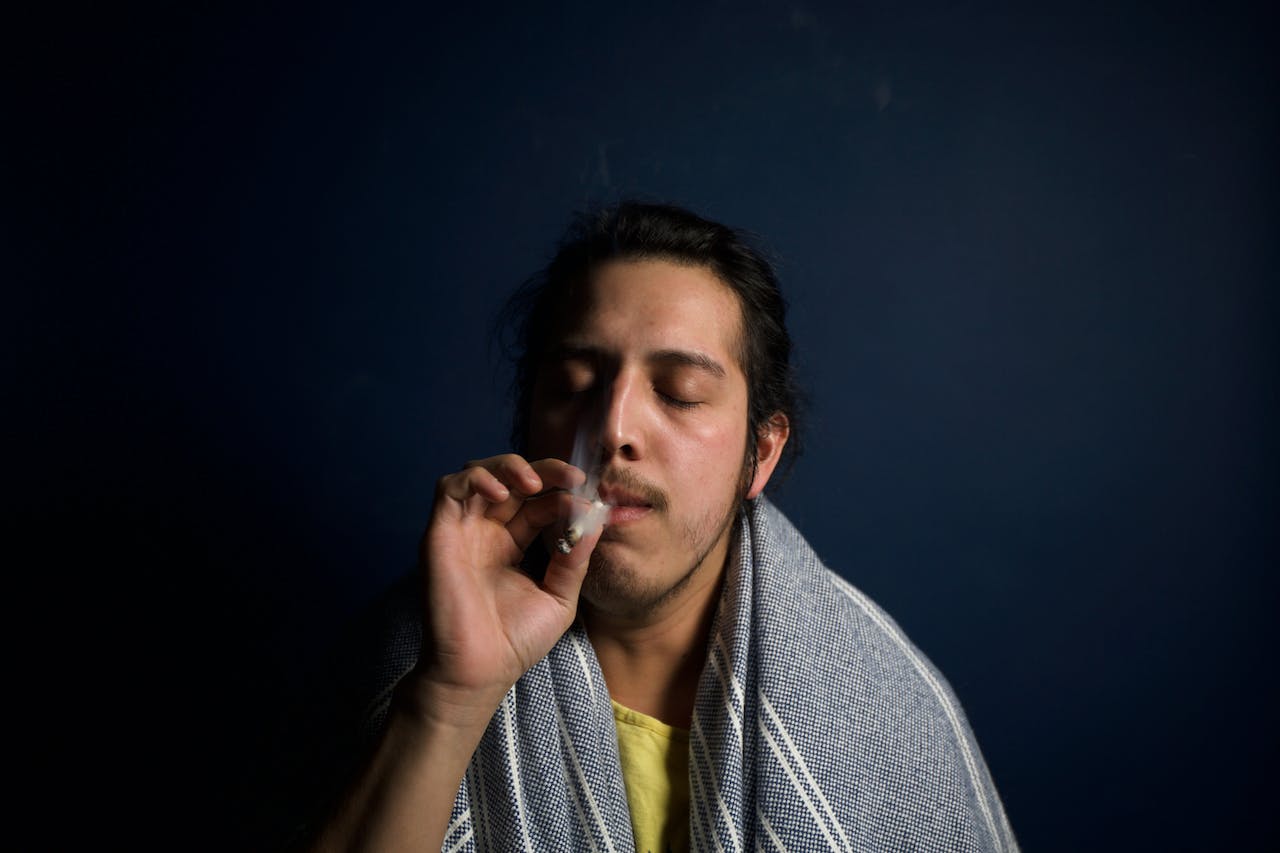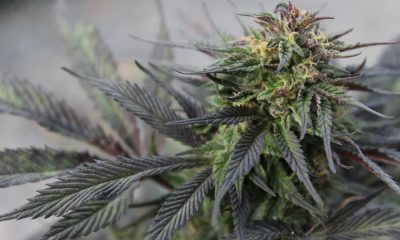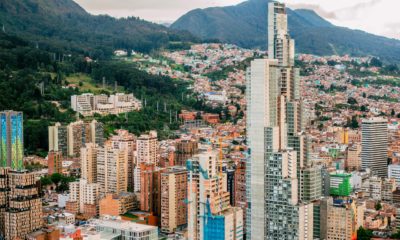Cannabis
Colombia Removes Penalties for Drug Possession and Prohibits Police to Confiscating Three Substances
Parallel to this decriminalization of all drugs, Colombian parliamentarians are running a race against time to pass a bill legalizing cannabis before the end of the year, preventing a restart of the two-year legislative process. Although the legalization of cannabis almost came to fruition this year, the process had to be restarted due to the rejection of the last Senate vote.

The Colombian government under Gustavo Petro has abolished penalties for possession of small amounts of drugs so that police can focus on prosecuting major players in the cocaine industry rather than punishing consumers.
This change does not affect penalties of up to 20 years in prison for drug trafficking offenses, as under Colombian law, but it eliminates the $50 fines that police had been imposing on consumers. The decree also removes the police’s right to confiscate these substances
Senator María José Pizarro, who is in charge of the cannabis bill in her chamber, is seeking full consideration of the legislation on Tuesday. If lawmakers fail to act, the reform is in danger of “sinking again.” The last day of this year’s session is Dec. 16, which means the Senate has until Saturday to approve the bill.
For his part, Rep. Juan Carlos Losada, who supports legalizing cannabis in the House of Representatives, noted the need for more arguments and less bias in the debate. He said that better information leads to better decisions and is open to a dignified debate on the issue.
Meanwhile, President Petro issued an executive order that eliminates the $50 fine for possession of small amounts of drugs and prevents police from confiscating them, expanding on a broader decriminalization policy previously introduced by a Constitutional Court ruling. Pizarro and Losado, the initiators of the cannabis legalization law, also commented on this drug policy reform.
Gustavo Petro has spearheaded a change of approach in the fight against drugs, which Colombia is undertaking with financial support from the United States, where the main market for Colombia’s cocaine customers is located. He also ordered security forces to cease operations against small producers of coca leaves.
Read more about Colombia and its cannabis law and find the latest cannabis news of the day with the Born2Invest mobile app.
Planned legalization of cannabis in Colombia
Parallel to this decriminalization of all drugs, Colombian parliamentarians are running a race against time to pass a bill legalizing cannabis before the end of the year, preventing a restart of the two-year legislative process.
Senator María José Pizarro, one of the main proponents of the cannabis legalization bill, is stressing the urgency for the Senate to act before the scheduled legislative recess. The bill has passed three of the required eight debates, receiving approval from the House of Representatives and a Senate committee. However, to avoid restarting the lengthy legislative process, it must be passed by the Senate by December 16. Senator Pizarro points out that if action is not taken, the reform could once again “sink”, necessitating quick consideration in the plenary.
Although the legalization of cannabis almost came to fruition this year, the process had to be restarted due to the rejection of the last Senate vote. Justice Minister Néstor Osuna, commenting on the arguments made at the Senate hearing, criticized the effects of the “failed war” on drugs, which has lasted for decades and led to bloodshed, armed conflict and criminal activity.
Revolutionary changes in Colombia’s drug policy, from the elimination of penalties for possession of small amounts of drugs to the legalization of cannabis, point to a new course in the fight against drugs. This approach has the potential to bring significant changes in both social and health contexts.
__
(Featured image by Brandon Nickerson via Pexels)
DISCLAIMER: This article was written by a third party contributor and does not reflect the opinion of Born2Invest, its management, staff or its associates. Please review our disclaimer for more information.
This article may include forward-looking statements. These forward-looking statements generally are identified by the words “believe,” “project,” “estimate,” “become,” “plan,” “will,” and similar expressions. These forward-looking statements involve known and unknown risks as well as uncertainties, including those discussed in the following cautionary statements and elsewhere in this article and on this site. Although the Company may believe that its expectations are based on reasonable assumptions, the actual results that the Company may achieve may differ materially from any forward-looking statements, which reflect the opinions of the management of the Company only as of the date hereof. Additionally, please make sure to read these important disclosures.
First published in Fakty Konopne. A third-party contributor translated and adapted the article from the original. In case of discrepancy, the original will prevail.
Although we made reasonable efforts to provide accurate translations, some parts may be incorrect. Born2Invest assumes no responsibility for errors, omissions or ambiguities in the translations provided on this website. Any person or entity relying on translated content does so at their own risk. Born2Invest is not responsible for losses caused by such reliance on the accuracy or reliability of translated information. If you wish to report an error or inaccuracy in the translation, we encourage you to contact us

-

 Cannabis5 days ago
Cannabis5 days agoSouth Africa Proposes Liberal Cannabis Regulations with Expungement for Past Convictions
-

 Biotech2 weeks ago
Biotech2 weeks agoVolatile Outlook for Enlivex Therapeutics as Investors Await Clinical Catalysts
-

 Crypto10 hours ago
Crypto10 hours agoCrypto Markets Under Pressure as Vitalik Buterin Sells 17,000 ETH
-

 Markets1 week ago
Markets1 week agoWeather-Driven Supply Outlook Lifts Coffee Markets in Brazil and Vietnam






















